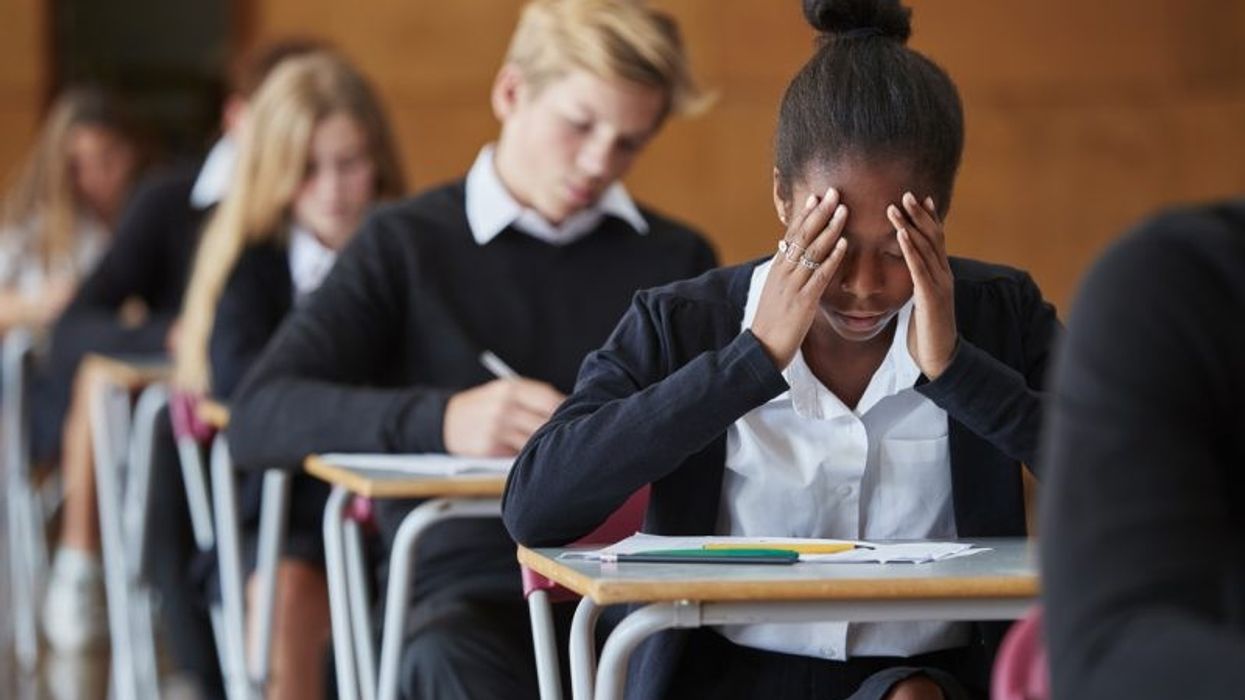A NEW report has revealed that cuts to education spending in England over the last decade have hit the most deprived schools hardest, The Guardian reported.
An analysis by the Institute for Fiscal Studies (IFS) stated that most disadvantaged fifth of secondary schools have faced the biggest cuts, with a 14 per cent real-terms fall in spending per pupil between 2009 and 2019, compared with nine per cent for the least deprived schools.
The IFS report added that recent changes in education funding distribution has boosted disadvantage by providing bigger real-terms increases for the least deprived schools, making the government’s levelling-up goals harder to achieve.
The newspaper report, citing the analysis, said that public spending on health has gone up as investment in education has declined.
In the early 1990s, health and education spending each represented about 4.5 per cent of national income, but while education investment has stayed pegged at about this level, health spending rose to more than seven per cent of national income before the pandemic, The Guardian report added.
Colleges and sixth-forms have faced the biggest cuts, and even with additional funding from the spending review, spending per student will still be lower in 2024 than in 2010, the IFS report added.
In terms of funding, the least deprived schools receiving real-terms increases of 8-9 per cent, compared with 5 per cent for the most deprived, between 2017 and 2022.
The pupil premium, which provides additional funding for children on free school meals, has failed to keep pace with inflation since 2015.
The IFS said: "The government had ambitious goals to level up poorer areas of the country, including a big role for technical education. However, changes to the distribution of education spending have been working in the opposite direction. Recent school funding changes have tended to work against schools serving disadvantaged areas. Cuts to spending have been larger for colleges and adult education, and still won’t be reversed by 2024.”
The government’s recent spending review included an extra £4.4bn for the schools budget in 2024 compared with previous plans, but the IFS calculates that spending per pupil in 2024 will still only be at about the same level as in 2010.
“Extra funding in the spending review will reverse cuts to school spending per pupil, but will mean 15 years without any overall growth. Recent funding changes have also worked against schools serving disadvantaged communities. This will make it that much harder to achieve ambitious goals to level up poorer areas of the country and narrow educational inequalities, which were gaping even before the pandemic," Luke Sibieta, an IFS research fellow and an author of the report, was quoted as saying by The Guardian.
Geoff Barton, general secretary of the Association of School and College Leaders, has said that the report was a “grim indictment” of the government’s record. “It is a pretty dreadful legacy to have presided over cuts to education which are without precedent in postwar UK history.”
“We have made above-inflation increases in school funding every year since 2019/20, and have just announced a further funding boost of £4.7bn by 2024-25, compared to previous plans. This includes an additional £1.6bn in the next financial year," a Department for Education spokesperson told the newspaper.





